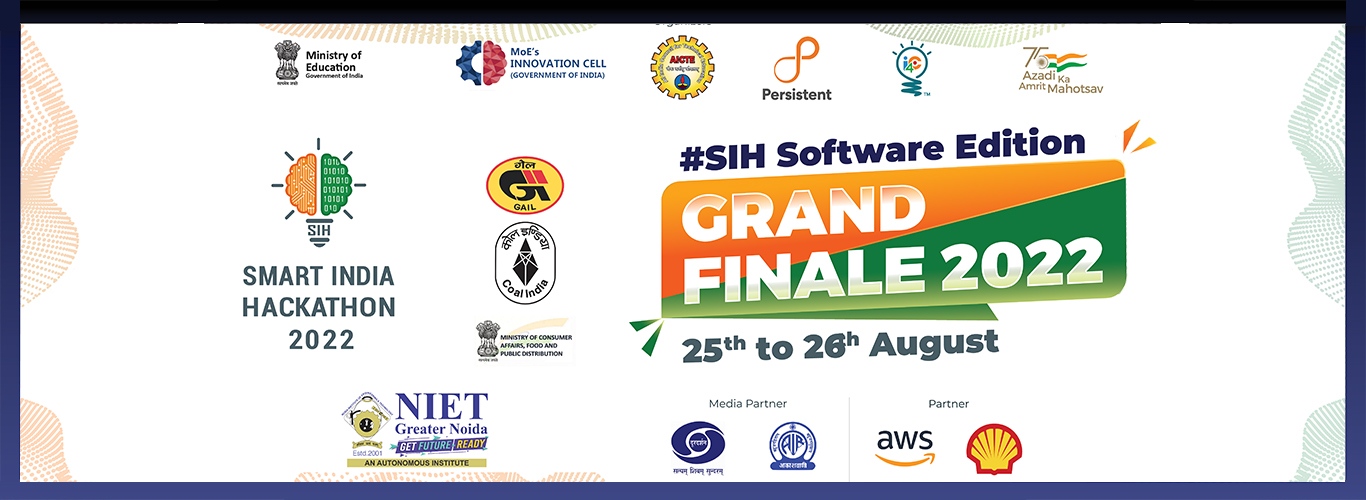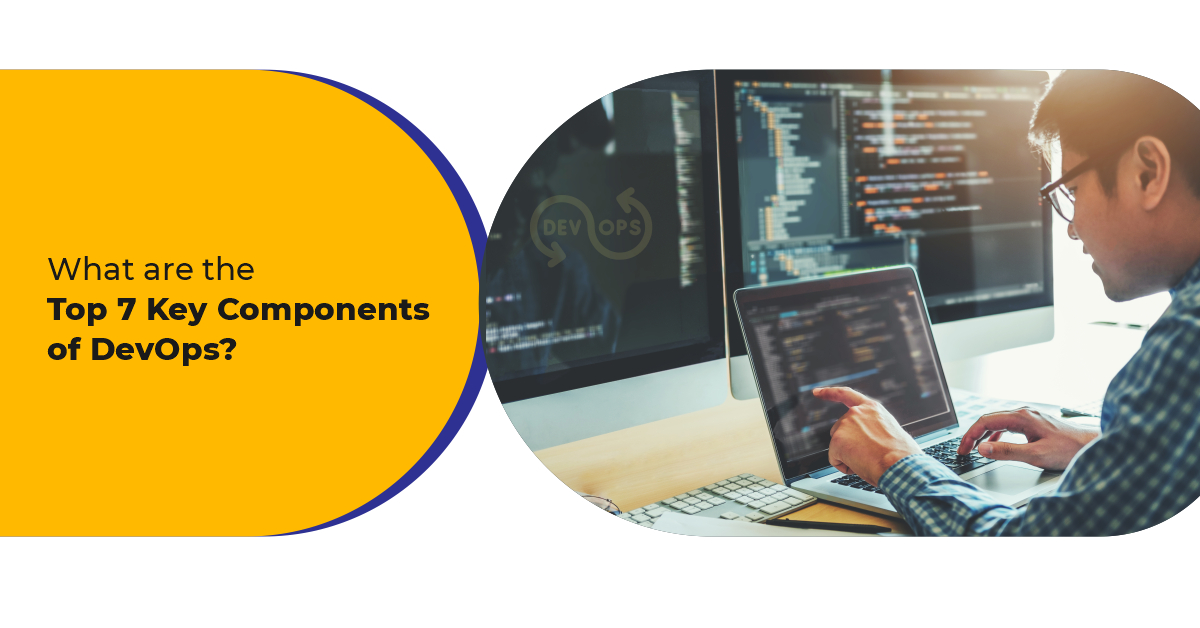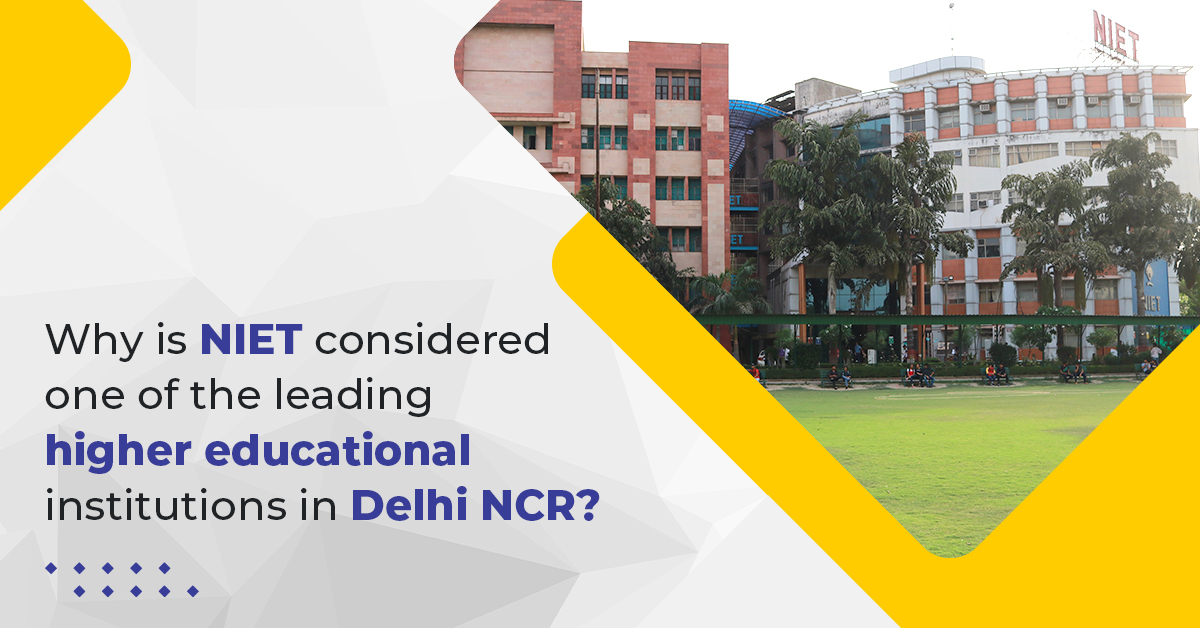As we move into 2022, the demand for the rapid and constantly improving digital experience is bolstering. To match the demands of the market, brands are now adopting the DevOps culture for streamlining the deployment, development, management, and maintenance of software.
This blog covers everything that you should know about DevOps Technology, what are its seven components, the top DevOps best practices of 2022, and the benefits of DevOps. Read to know more.
What is DevOps Technology?
DevOps is the combination of philosophies, cultural practices, and tools that increases a business’s ability to deliver services and applications at high velocity. The DevOps model helps in improving a particular product at a faster pace than organizations that utilize traditional software development and infrastructure. This speed enables businesses to serve their customers in a better way and compete more efficiently in the market.
Under a DevOps model, the operations and development teams are no longer siloed. Sometimes these two teams merge together into a single team where the engineers work across the application life cycle and get involved right from development and testing to deployment and operations. Then they develop a range of skills that are not just limited to a single function. In a few DevOps models, security teams and quality assurance may also become more tightly integrated with the operations and development or throughout the application life cycle.
What are the Top 7 Key Components of DevOps?
The seven key components of DevOps include:
1. An Agile Framework
Agile is a well-known approach for managing software projects. It was basically developed to speed up the process of development by dividing the IT projects into small chunks. Project requirements are reviewed during this entire project life cycle process in order to respond to the changes quickly.
While DevSecOps makes use of similar development principles as agile, like the continuous integration and delivery of software systems (CI/CD) in iterations, they actually differ when it comes to handling security.
2. Build and run development
DevOps makes use of container technology, which radically transformed the Software Development Life Cycle (SDLC) methodologies. There is a semi-mutual agreement in the DevOps community to ignore wasting time in the developing & testing environments for certain platforms.
For example, the DevOps developers utilize container technology for writing code, building, running, and testing without bothering much about the operational resources. This, in turn, leaves enough time for the operations team to focus more on security and testing.
3. Everything-as-code
Incorporating security into code is crucial in developing software projects. For creating secured applications, the DevOps tools and workflows must be secured. This could be achieved by integrating the security policies and adding checks and tests to the code without bringing in extra costs or delays during the actual process of code writing.
4. Communication and collaboration
Having a clear communication channel during the entire development process is important for the successful completion of the project. In DevSecOps, there are three teams that are responsible for developing the final product. This includes the operations, development, and security teams.
Each team considers work to outperform the rest. The operations and development team focus on delivering project iteration on time. The responsibility of the task management is to close the collaboration and communication gap. This can be done by encouraging the teams and making them aware of the importance of the security framework in the delivery of a secured product.
5. Automation
Automation plays a vital role in the successful integration of securities into the DevOps model. For example, by automating the manual process and building tools into CI/CD pipelines, the operations and development teams can together work closely and function as a single team, thereby boosting their ability to respond to the security team inquiries.
Automation can boost the task of implementation of security during a project development process by speeding up the feedback loop. It will also speed up the design process as well as to detect the security problems, including the compliance issues.
6. Regular Integration
Integration is all about sending applications to a situation where they will connect with other components and applications in an ecosystem. Having a customary timetable for implementing your application is crucial in accomplishing a feedback cycle. The moment the integration cycle becomes tighter, so will the feedback cycle.
Therefore, every time someone needs to make the cycle tighter, they need to automate a step or process that is manual. Some of the examples of manual advances that should be automated include testing, deployment of the application, reporting issues, and troubleshooting.
7. Value Stream Management (VSM)
VSM works on boosting the flow of value in the entire delivery lifecycle of particular software. DevOps through VSM ensures that the customers’ value becomes the mainstay of software product development. The business needs to have control and transparency of many integrated value streams within the portfolio scope.
DevOps Best Practices of 2022
Below mentioned are the best practices of DevOps:
1. Continuous Integration
Continuous integration is a type of software development practice when the developers regularly merge their code changes with the central repository, after which the build-up of automation happens and the test serving runs.
2. Continuous Delivery
Continuous delivery is also another type of software development that expands with the continuous integrations and deployment of all code changes.
3. Microservices
Microservice architecture is a kind of design approach which is used for building single applications as a set of small services. Each service runs based on its own process and communicates with other services via a well-defined interface like an HTTP-based Application Programming Interface (API).
4. Infrastructure as Code
The Infrastructure as Code is a typical practice where the infrastructure is provisioned using code and software development techniques. This includes continuous integration and version control. Engineers can interface with the infrastructure by utilizing the code-based tools and treat the infrastructure the way they treat the application codes.
What are the Benefits of DevOps?
If you are wondering what the benefits of DevOps are, then there are many. DevOps have always been praised for shortening the development cycles of a particular product. This has ultimately created a better experience for both the end-users and the organizations. Below are some of the advantages of DevOps that you will experience while implementing it:
- Unites teams and ships software faster
- Simplifies the development focus
- Introduces automation to the entire development process
- End-to-end responsibility
- Ensures faster deployment
- Stabilizes work environment
- Significantly improves the product quality
- Promotes agility in business
- Reliable and fast problem-solving techniques
- Minimal cost of production
Closing
DevOps is all about a particular journey that embraces all the practices of building a proper product. The DevOps apparatuses and aptitudes are ceaselessly advancing. To remain competitive and to move ahead in today’s environment, one needs precision. DevOps helps the teams focus on the customer experience, simplifies the goals, unites teams for faster product shipments, introduces automation, and creates feedback loops that benefit the entire company.
Build a thriving career by becoming a DevOps engineer
Combining the technical know-how along with the critical operational and communication skills, DevOps is a flourishing IT philosophy that can transform an organization’s ability to deliver seamless applications.
As a tech phenomenon, it is also now a strong career option that has opened a wide range of opportunities for professionals within the IT industry. If you have a thirst for knowledge and desire to make a long-lasting impact in your job role, then go for pursuing a DevOps career.
FAQs
1. What is one key purpose of DevOps?
To reduce the entire lifespan of software development.
2. What is the principle of DevOps?
To focus on experimentation, minimize waste, and optimize for speed, cost, and ease of delivery.
3. Is DevOps easy to learn?
Yes, only if a person has basic programming and computer networking skills.
4. What skills are required for a DevOps engineer?
Some of the top skills for a DevOps engineer include:
- Communication and Collaboration
- Soft Skills
- Security Skills
- Automation Skills
- Coding and Scripting
- Cloud Skills
- Testing Skills
- Customer-Focused Approach
5. Devops jobs average salary India?
A DevOps Engineer’s salary in India ranges from ₹ 4.1 Lakhs to ₹ 12.2 Lakhs per annum.
Also Read About:
Best MBA College for placements in NCR










